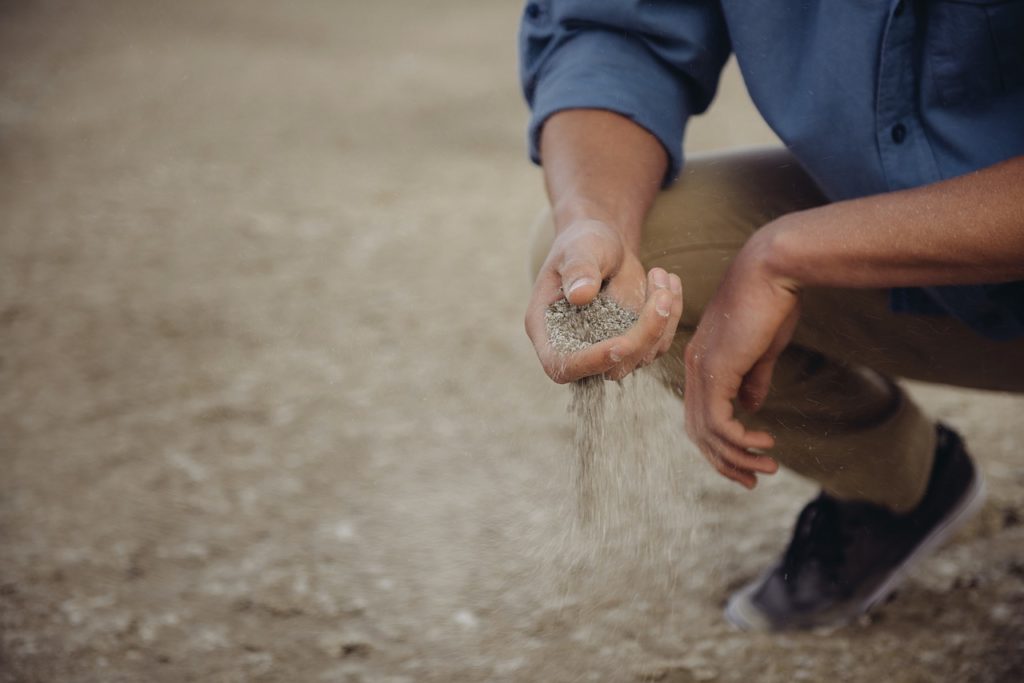
Gratitude can be defined as an acknowledgement of a benefit that an individual has received. People can be grateful for something that has happened or is about to happen. They can also have a general attitude of gratefulness because of fulfillment or happiness with one’s own life.
Gratitude is also positive thinking. This can improve individual’s sense of mental wellbeing and physical health. Hindu guru Nisargadatta Maharaj stated that the key to happiness is gratitude.
People become unhappy because they have things they do not want and they want things they do not have. The way then to be happy is to change thinking to wanting what we have, and not what we don’t. Gratefulness can bring forth feelings of being energized, experience ‘real joy’ in life, and reduced personal stress.
Understanding the Power of Gratitude
Within the field of positive psychology, gratitude is linked with greater happiness. Gratitude can help people feel increased positive emotions, cherish good experiences, improve health, deal with adversity, and build stronger relationships. People can feel and express gratitude in various ways. It can apply to past positive memories, present moments, and future experiences by maintaining hopeful and optimistic attitude.
According to the University of California, Berkley, gratitude offers both physical and mental benefits. It can help with blood pressure, heart rate, happiness, optimism, and decrease feelings of loneliness and isolation. Being grateful allows a person to recognize what they have rather than what they do not. This leads to a sense of deeper satisfaction in one’s life.
The Benefits of Living a Life in Gratitude
In recent years, there has been increasing research that has found that helping others brings measurable physical and psychological benefits to the helper. Maria Pagano is the lead researcher exploring the effects that doing for others and addiction recovery process. Her studies have shown that addicts who help others, even is small ways (like helping at support meetings, or actively helping a relative or friend), can significantly improve chances of staying sober and avoiding relapse.
According to a 2010 survey on volunteering, 68% of the 4,582 Americans surveyed, reported that volunteering made them feel physically healthier, and 73% stated that it lowered stress levels, and while 77% reported that volunteering improved their emotional health.
Almost all participants stated that volunteering made them happier. Pagano also looked at a study out of the University of Connecticut of 1726 participants. When comparing helpers to non-helpers within the AA setting, she found that 40% of helpers avoided taking a drink in the 12 months following the 3-month treatment period, while only 2% of non-helpers stayed sober. She also looked at the age, gender, income, employment, addiction severity, and found that none of these characteristics predicted helping behavior.
Connection Between Gratitude and Sobriety
It’s still not completely clear how helping behavior impacts sobriety. According to Stephanie Brown with Stony Brook University, helping people with whom we share a special kinship may activate the same brain circuits that light up when parents care for their children.
Research on mammals has shown that activating this brain area decreases stress, strengthens immune systems, and inhibits centers in the brain affiliated with hoarding and/or selfish behavior, which are all areas that are involved with addictions.
According to a study published in The Journal of Social Psychology, acts of kindness, which are public expressions of gratitude, can be linked to an increase in life satisfaction. Doing for others can create a sense of belonging, of connection, and caring, all things that activate the brain, as mentioned above.
Finding gratitude is a personal act. Gratitude is about finding contentment within and about being in the moment. Practicing gratefulness is about practicing mindfulness. It is about doing for others and giving to others in various ways to help friends, family, and community.
Small gestures and acts can be ways of showing gratitude. For instance hugs or kind words and statements of appreciation to family and friends who are part the addicts support network. A heartfelt thank you or support to a friend or family member who is struggling can all be ways to express gratitude to others.
 In conclusion, gratitude is a powerful inner-connection with one’s own fulfillment of self and life. It can create a sense of connection, helping behavior/acts, and deeper purpose in life. Gratitude can help individuals have a sense of calm, reduced stress levels, and lower rates of relapse during holiday seasons.
In conclusion, gratitude is a powerful inner-connection with one’s own fulfillment of self and life. It can create a sense of connection, helping behavior/acts, and deeper purpose in life. Gratitude can help individuals have a sense of calm, reduced stress levels, and lower rates of relapse during holiday seasons.
Being able to practice gratitude on a daily basis can strengthen the skills of recovery, staying present in the moment, recognizing triggers of relapse, feeling connected with others and reducing isolation, and feeling a new sense of purpose in one’s life.
Community Discussion - Share your thoughts here!
How do you show gratitude towards others during the holidays? Offer your tips and coping skills here!
 About the Author: Libby Lyons, MSW, LCSW, CEDS, is a Certified Eating Disorder Specialist (CEDS) who works with individuals and families in the area of eating disorders. Mrs. Lyons works in the metropolitan St. Louis area and has been practicing in the field for 11 years. Libby is also trained in Family Based Therapy (FBT) to work with children-young adults to treat eating disorders. Mrs. Lyons has prior experience working with the United States Air Force, Saint Louis University, Operating Officer of a Private Practice, and currently works with both Saint Louis Behavioral Medicine Institute within their Eating Disorders Program and Fontbonne University
About the Author: Libby Lyons, MSW, LCSW, CEDS, is a Certified Eating Disorder Specialist (CEDS) who works with individuals and families in the area of eating disorders. Mrs. Lyons works in the metropolitan St. Louis area and has been practicing in the field for 11 years. Libby is also trained in Family Based Therapy (FBT) to work with children-young adults to treat eating disorders. Mrs. Lyons has prior experience working with the United States Air Force, Saint Louis University, Operating Officer of a Private Practice, and currently works with both Saint Louis Behavioral Medicine Institute within their Eating Disorders Program and Fontbonne University
References:
[1]: Retrieved from www.alcoholrehab.com 2016
[2]: Retrieved from www.addictioncampuses.com 2016
[3]: Retrieved from www.greatergood.berkeley.edu 2016
[4]: Retrieved from www.healthharvard.edu 2016
The opinions and views of our guest contributors are shared to provide a broad perspective of addictions. These are not necessarily the views of Addiction Hope, but an effort to offer discussion of various issues by different concerned individuals.
We at Addiction Hope understand that addictions result from a combination of environmental and genetic factors. If you or a loved one are suffering from an addiction, please know that there is hope for you, and seek immediate professional help.
Last Updated & Reviewed By: Jacquelyn Ekern, MS, LPC on November 10, 2016
Published on AddictionHope.com
